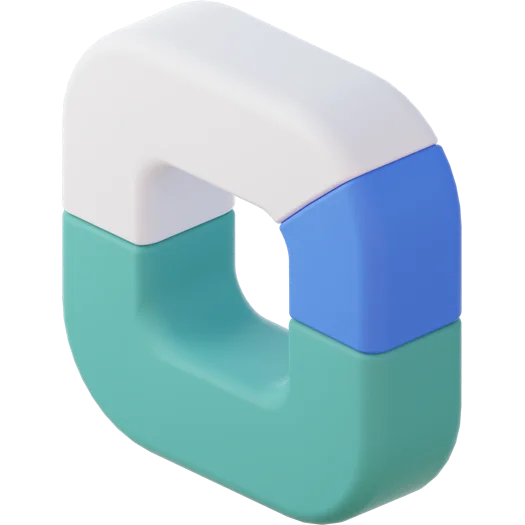Running a successful business requires more than just providing great products or services—it also involves efficient management of daily operations. A Point of Sale (POS) system can be a game changer in this regard, offering tools that go beyond just processing payments. Here’s how implementing a POS system can streamline your business operations and enhance overall efficiency.
1. Simplified Sales and Payment Processing
A modern POS system allows businesses to process sales quickly and securely, whether customers are paying by cash, credit card, or mobile payment methods. With integrated features, POS systems reduce errors and speed up the checkout process, improving customer satisfaction.
– Quick and accurate transactions: POS systems scan items, calculate totals, and apply discounts or taxes automatically, reducing manual entry errors.
– Multiple payment methods: Accepting a variety of payment options helps accommodate different customer preferences, improving the overall buying experience.
2. Real-Time Inventory Management
Managing inventory is one of the most challenging aspects of running a business. POS systems simplify this by providing real-time updates on stock levels. When a sale is made, the system automatically updates the inventory count, allowing you to stay on top of stock availability.
– Prevent overstocking and stockouts: POS systems notify you when inventory levels are low, helping you avoid lost sales due to stock shortages or excess inventory that ties up capital.
– Automated ordering: Many POS systems can automate the reordering process, ensuring that popular products are always available without manual intervention.
3. Improved Employee Management
POS systems often come with built-in features for tracking employee performance, managing schedules, and monitoring productivity. With detailed reports on sales per employee, businesses can reward top performers and identify areas for improvement.
– Employee tracking: Keep track of who processed which sales, allowing you to monitor performance and manage accountability.
– Shift management: Some POS systems allow you to manage employee shifts and timecards, reducing administrative tasks and streamlining payroll.
4. Data-Driven Insights
One of the biggest advantages of using a POS system is access to real-time data and analytics. These insights can help you make informed decisions about your business.
– Sales reports: Track daily, weekly, or monthly sales data to identify trends and understand what products are performing well.
– Customer behavior: Use customer data to personalize marketing efforts, reward loyal customers, and improve customer retention.
– Inventory insights: Analyze sales trends to predict future demand, allowing you to optimize stock levels and purchasing decisions.
5. Enhanced Customer Experience
A seamless checkout experience is crucial for keeping customers happy. POS systems enable faster transactions and reduce wait times, improving the overall shopping experience.
– Faster checkouts: POS systems speed up the checkout process by eliminating the need for manual entry, making the customer experience smoother and more efficient.
– Customer loyalty programs: Many POS systems include built-in loyalty programs that track customer purchases, enabling businesses to offer rewards and discounts based on past transactions.
6. Integration with Other Business Tools
Modern POS systems often integrate with other business tools such as accounting software, e-commerce platforms, and customer relationship management (CRM) systems. This eliminates the need for manual data entry and ensures that all your systems work together seamlessly.
– Sync with accounting: Automatically sync sales and expense data with your accounting software, reducing errors and streamlining financial reporting.
– E-commerce integration: If you run both a physical and an online store, POS systems can integrate with your e-commerce platform, ensuring consistent inventory levels and sales tracking across all channels.
Conclusion
Implementing a POS system can significantly streamline your business operations, from simplifying sales transactions to providing valuable insights into your inventory and customer behavior. By automating key processes, reducing manual errors, and integrating with other business tools, a POS system can help your business run more efficiently and ultimately improve profitability.

